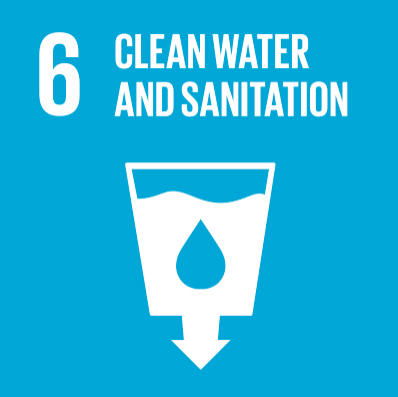What impact? The SeaCleaners and the Sustainable Development Goal #6 – clean water and sanitation
Mobula
8 September 2022
The summer of 2022, with its unprecedented drought, will go down in history as the summer that made Europe aware of the threats to the quality and quantity of water resources.


SDG #6 – Clean water & sanitation
Improving access to clean water and sanitation is a global priority, and UN member states have made it the sixth Sustainable Development Goal (SDG) of the 2030 Agenda.
- What is the link between plastic pollution and water quality?
- How does the fight against plastic pollution contribute to MDG 6?
- What impact do The SeaCleaners’ actions have on the quality of water resources?
Drought and drinking water shortages: the last straw on the blue planet
How does plastic pollution affect water quality?
Plastics are veritable “sponges” for viruses and bacteria, growth media and means of transport for pathogens, leading to the proliferation of thousands of bacteria.
This ecosystem that develops on plastic debris even has a name: the platisphere.
On the platisphere, scientists have found species that take advantage of plastic waste to cross ecological barriers. This is the case for various bacterial species of the Vibrio type that cause serious infections in humans and animals, the most serious of which is cholera.
In addition, plastic debris deposits are potential breeding grounds for infectious diseases: every piece of plastic containing water is an attractive breeding ground for insects, especially mosquitoes that can transmit diseases such as malaria, Zika or dengue.
This is a major problem, especially in tropical slums.
Infected water requires more expensive treatment to make it safe to drink, including ozone and chlorine. Because of the higher costs of these treatments, communities often forego them. This leaves water that is potentially safe for human consumption unsafe.
Catchments such as headwaters of rivers and canals, natural lakes and man-made reservoirs therefore need to be cleared of plastic waste and then cleaned up at affordable costs.
What impact do The SeaCleaners’ actions have on water quality in the target areas?
It improves water quality by reducing pollution, helps protect and restore water-related ecosystems, wetlands, rivers, aquifers and lakes, and supports and strengthens the participation of local communities in improving water and sanitation management.
MAPP for #SDG6
➡️ To learn more about Goal #6 and the other Sustainable Development Goals, visit “Facing global challenges for the planet together”
➡️ For more information on Mobula 8 and the MAPP programme, visit the Expedition Mobula page